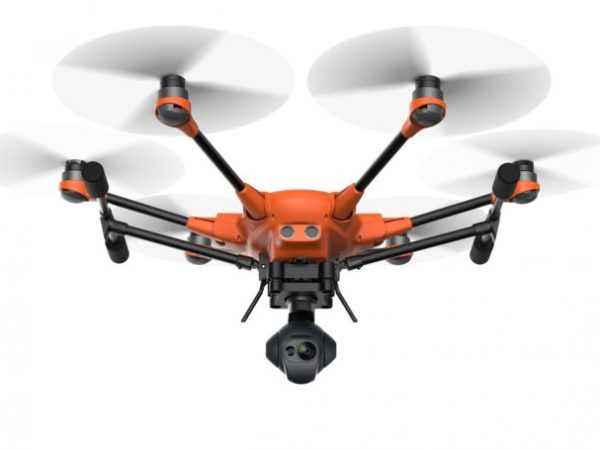
Using Drones
Learn how drone technology can be used to assess the habitat for the platypus. In this prior-learning course, students explore the theory behind flying drones. They engage in a series of engaging interactive activities that step them through the challenges of flying a drone and test their understanding.
Background Information:
This course is intended to extend student understanding of drones and their appropriate scientific uses. The associated Ecolinc on-site course, Flying Robots, provides hands-on opportunities flying drones in local environmental settings to collect data for close analysis of platypus habitat. Students will assess whether a local section of the Werribee River is a suitable habitat while learning how to fly advanced drone sensors to survey the area from the air. Having captured the aerial images, they will use software tools to stitch them together to make a geo-referenced, orthographic map. Coupling their map and their ground-based observations, the students will make an assessment and provide recommendations for improving the environment for the platypus.
Prior Knowledge:
Students should have demonstrated prior commitment to excellence in scientific endeavour during their studies to participate in the associated on-site program. Numbers are strictly limited. Priority is given to rural and remote schools for the on-site component.
Course Connections:
Does this course link to other Ecolinc programs?
This course is compulsory prior to attending the following on-site program:
‘Flying Robots’ (Please note: This is a special program Ecolinc makes available once per term to rural government schools for Year 9 students. Subscribe to the Ecolinc newsletter for details.)
or this course can stand alone as a learning experience.
Learning Intentions:
- Students will be able to explain the underlying principles behind drone technology and how it can be used for environmental research.
- Students will investigate the issues involved in using drone technologies in populated areas.
- Students will be able to make informed decisions addressing environmental needs based on the analysis of scientific data collected using drones in the field.
Estimated Duration: 70 minutes
Victorian Curriculum:
Science – Science as a human understanding & endeavour
- Science understanding including models and theories, are contestable and are refined over time through a process of review by the scientific community. (VCSSU114)
- Advances in scientific understanding often rely on developments in technology and technological advances are often linked to scientific discoveries. (VCSSU115)
- The values and needs of contemporary society can influence the focus of scientific research. (VCSSU116)
Course Creator: Jo Tate
